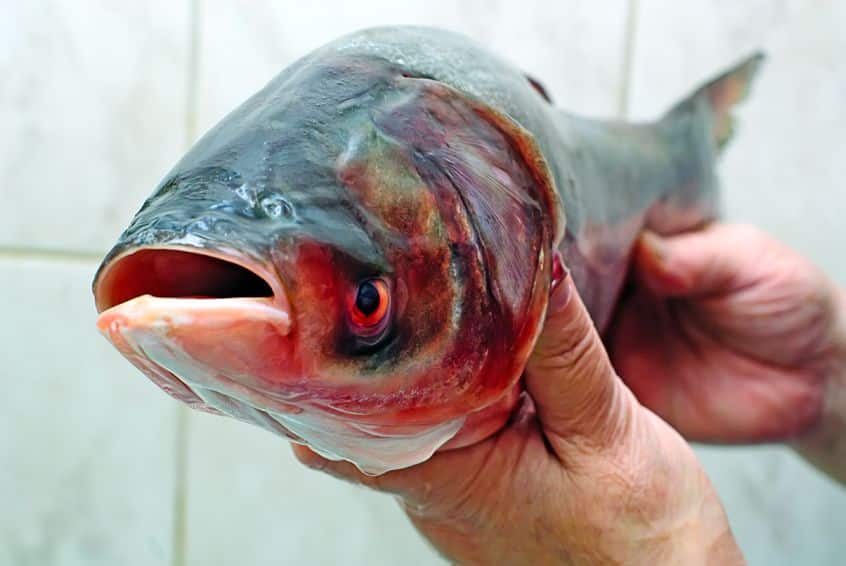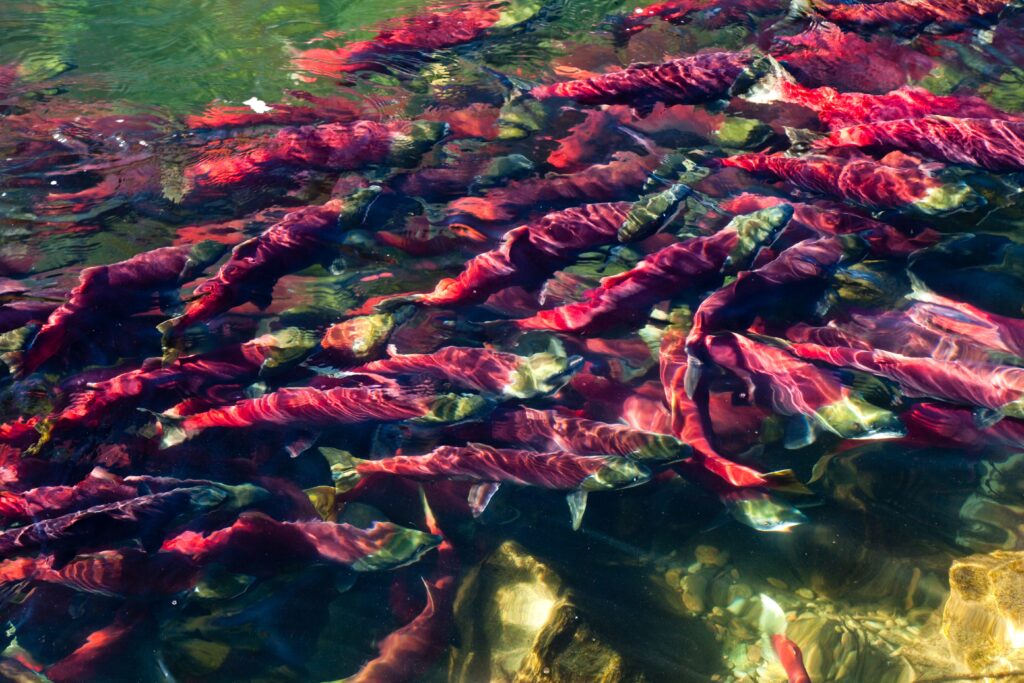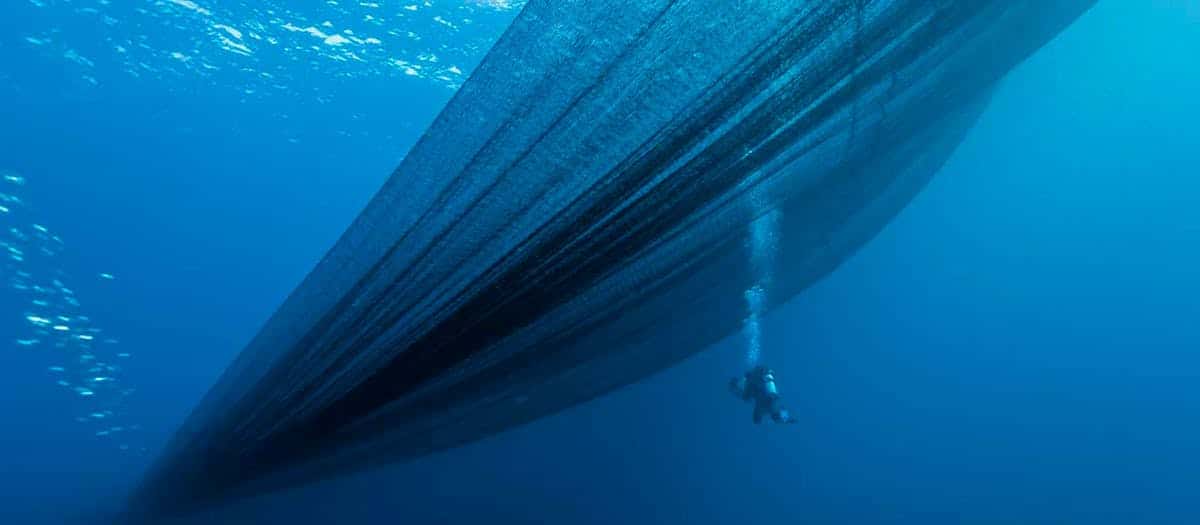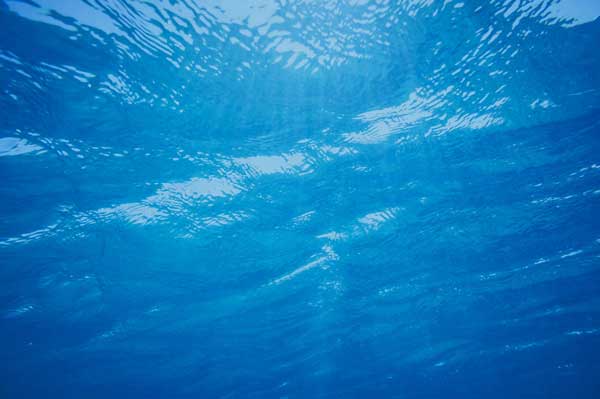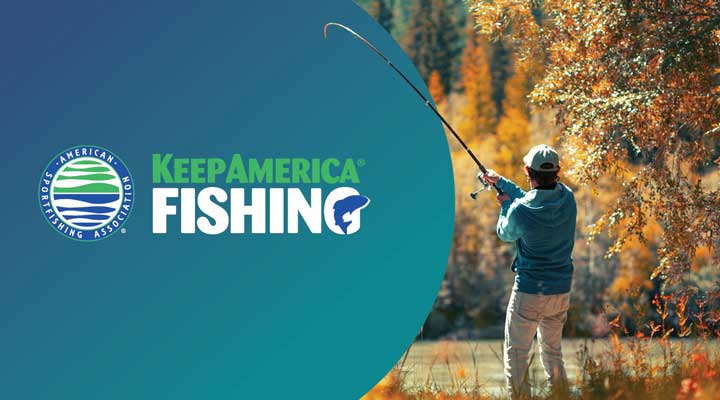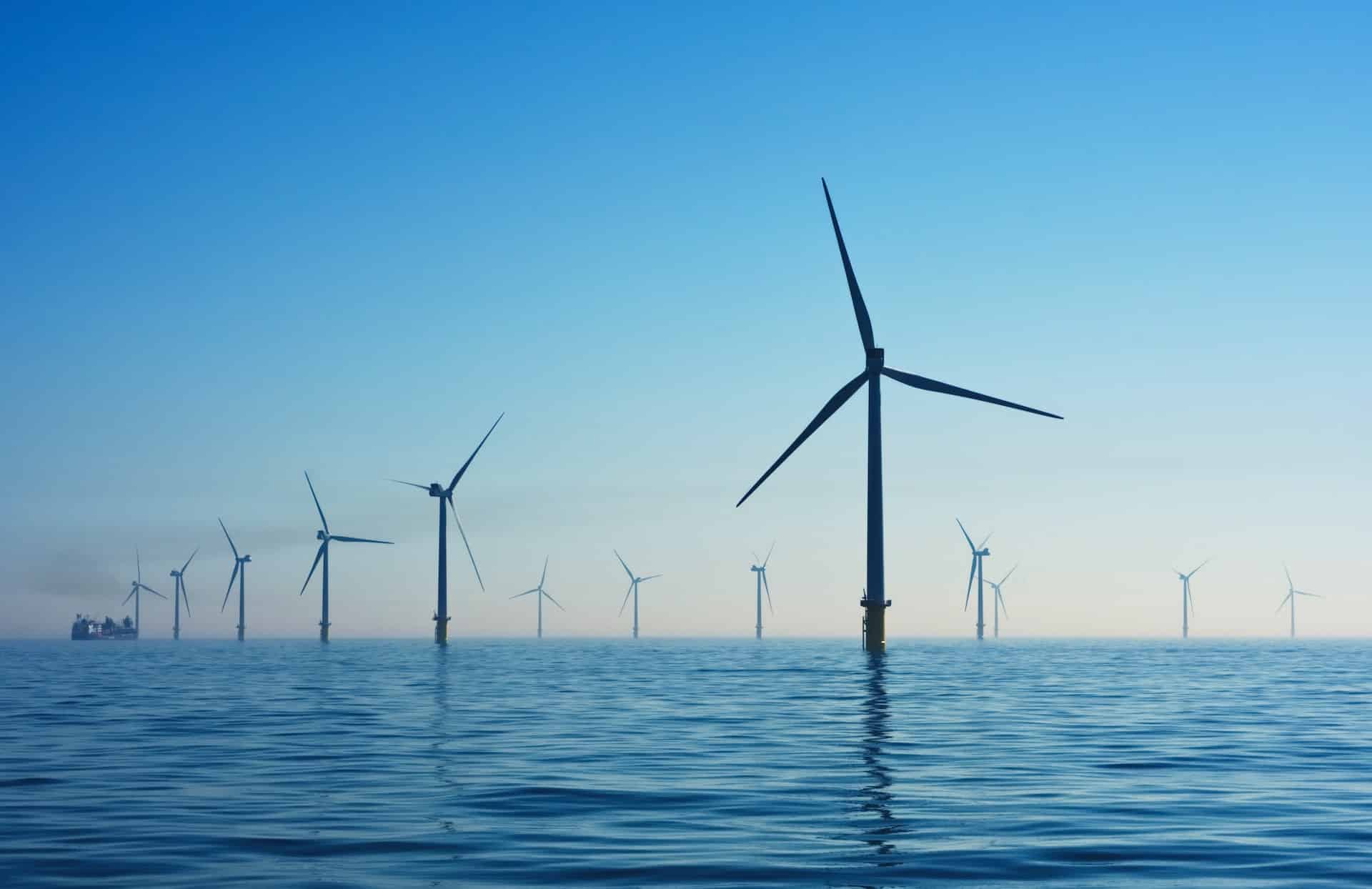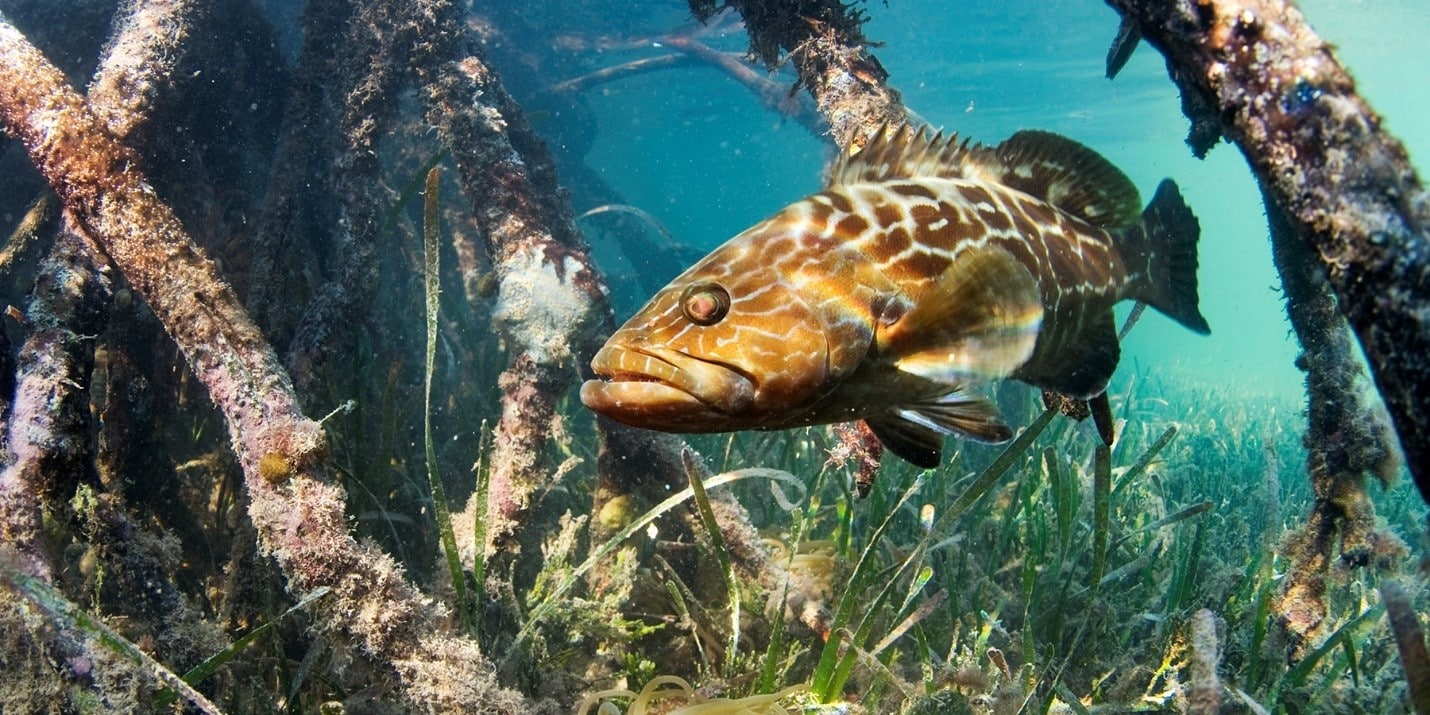Overview of the Issue
Aquatic Invasive Species (AIS) present one of the biggest threats and challenges to sportfishing today. AIS can be found across the country, disrupting recreational fishing and undermining local economies. Key policy priorities include preventing the introduction of Asian Carp in the Great Lakes, controlling established populations of AIS and preventing the introduction of new AIS while protecting recreational access to water bodies.
What ASA is Doing
ASA staff works with Congressional offices, federal agencies, state fish and wildlife agencies and partner organizations to advocate for federal and state policy to prevent and mitigate the spread of aquatic invasive species. ASA has hosted Hill briefings to educate Members of Congress and staff about AIS issues, has advocated for legislation focused on AIS control and has addressed AIS through panels and presentations at events like the Bassmaster Classic Conservation Summit.
Asian carp and the “Brandon Road” study: The Water Resources and Development Act (WRDA) authorized the US Army Corps of Engineers (USACE) to conduct a study on strategies to halt the migration of invasive species between the Great Lakes and Mississippi River basins. USACE investigated an Asian carp plan at the Brandon Road Lock and Dam on the Illinois River to prevent the introduction of these highly invasive species into the Great Lakes. In January 2021, the states of Illinois and Michigan entered into a cost-sharing agreement to fund the pre-construction, engineering and design phase of the Brandon Road Lock and Dam Interbasin Project. This stage of the proposal to install bio-acoustic fish barriers, air bubble curtains and electric fences at the Brandon Road site is expected to take three to four years to complete. ASA is further advocating for provisions in WRDA 2022 to further alleviate states’ share of project construction costs.
Tennessee and Mississippi River Basin Asian Carp: The Tennessee and Mississippi River basins span multiple states and are currently overrun with Asian Carp. While efforts have primarily focused on limiting the spread, a large population is established in the area and is negatively impacting recreational fisheries. Notably, the coalition is focused on appropriations requests at the Federal level, assisting state resource agencies with their ANS Management Plans, working with Hill staff to develop legislative initiatives, and organizing education/outreach campaigns. ASA has participated in Hill briefings, works with coalitions of local stakeholders, and included funding for Asian Carp programs in our Appropriations requests.
AIS Blue Ribbon Commission: Overlapping federal and state authorities, as well as gaps in policymaking, have undermined efforts to control AIS across state and national borders. As the economic impact of AIS grows, ASA and partner organizations have convened a Blue Ribbon Commission to study comprehensive reforms to current AIS policy. Currently, the AIS Blue Ribbon Commission is conducting external listening sessions and focused scoping meetings with key stakeholders and experts, working with leading AIS researchers and biologists, policymakers, state and tribal leaders and pro anglers. The Commission aims to deliver policy recommendations to prevent the introduction and control the spread of AIS to Congress in late 2022 and early 2023.
Partnering to Prevent AIS
Invasive Mussels and Clean, Drain Dry
Zebra and quagga mussels continue to invade lakes across the country and are nearly impossible to eradicate once they become established in a body of water. These mussels alter habitats and food webs, severely harming fish populations and clogging and damaging boaters’ engines and intake valves.
Since 2006, Wildlife Forever’s “Clean, Drain, Dry” campaign has worked to educate boaters on the need to take steps to limit the spread of invasive mussels and other AIS while providing cleaning stations at launches. ASA recently finalized an MOU with Wildlife Forever and will work to amplify the “Clean, Drain, Dry” campaign. Click on the infographic to learn more about the campaign and what you can do to stop aquatic hitchhikers on your boat.
Aquatic Invasive Species (AIS) Conservation Seminar from the 2020 Sportfishing Summit
AIS represent one of the largest threats to fisheries throughout the country.
What You Can Do
Learn how to Clean, Drain and Dry your boat to prevent the transfer of AIS between bodies of water.
For more information, contact ASA’s Inland Fisheries Policy Manager, Connor Bevan.


